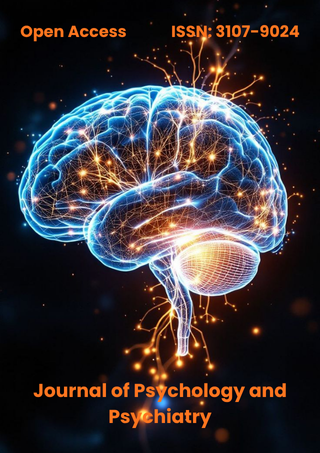Autism and Theory of Mind
A key component of social cognition is Theory of Mind (ToM), which is the capacity to assign mental states like beliefs, wants, and intentions to oneself and others. In individuals with Autism Spectrum Disorder (ASD), impairments in Theory of Mind are considered a core feature that contributes to difficulties in understanding and predicting others' behaviors. This deficit can lead to challenges in social interaction, communication, and empathy, which are hallmark characteristics of autism. Research using false-belief tasks and neuroimaging has shown that many individuals with ASD struggle with tasks requiring perspective-taking or inferring hidden intentions, though the degree of impairment varies widely across the spectrum. Interventions aimed at enhancing ToM abilities, such as social skills training and cognitive-behavioral approaches, have shown promise in improving social functioning. Understanding the relationship between autism and Theory of Mind not only deepens our grasp of neurodevelopmental differences but also informs more effective, individualized support strategies.
Article Processing Timeline
| 2-5 Days | Initial Quality & Plagiarism Check |
| 15 Days |
Peer Review Feedback |
| 85% | Acceptance Rate (after peer review) |
| 30-45 Days | Total article processing time |
Indexed In
ResearchBib
Sindexs
OAJI
DOAJ
CrossRef
PubMed
MEDLINE
EBSCO A-Z / Host
OCLC - WorldCat
Journal Flyer


